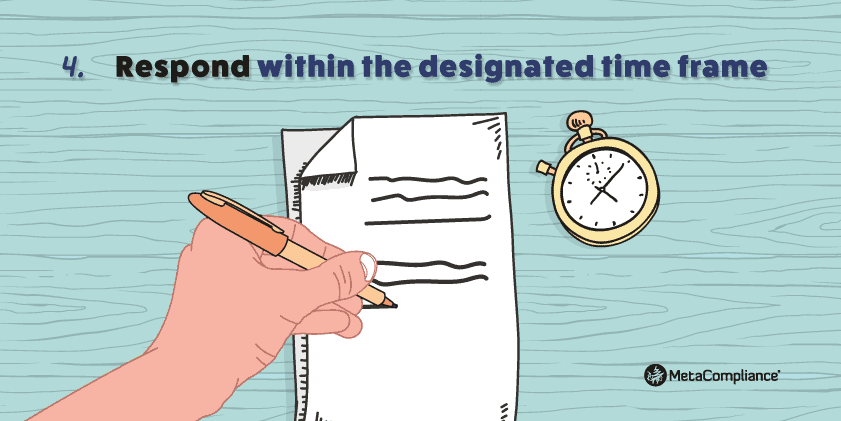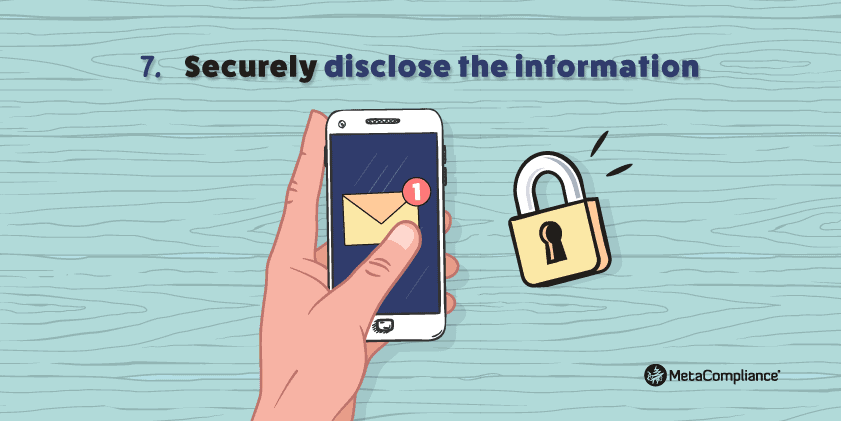The General Data Protection Regulation (GDPR) came into effect on the 25th of May 2018 and completely overhauled how businesses process and handle data. Organisations have had to rapidly adapt to ensure they are compliant with the new legislation and not liable for the large fines which have dominated the headlines in recent months.
What many organisations hadn’t quite anticipated was the onslaught of individuals exercising their rights under the new legislation by submitting subject access requests. The GDPR has strengthened existing rights for individuals and empowered them to find out how their personal data is being used.
A Subject Access Request (SAR) is the Right of Access allowing an individual to request what information an organisation holds about them, why it is holding this information and who is it shared with. Since the implementation of the GDPR, the ICO has noted an ‘unprecedented rise in demand’ in SARs. This, in turn, has placed an enormous strain on public services and organisations that are obliged to respond within a designated time frame.
The dramatic increase in SARs is thought to have been driven by an increase in data breaches and a general mistrust from the public in how organisations are using their data.
An important part of complying with the GDPR is understanding how to effectively deal with a SAR. Failure to meet the deadline or provide individuals with all the information they need could expose your organisation to regulatory action and large fines.
How to deal with Subject Access Requests
1. Recognise the subject access request
The GDPR does not lay out specific terms on how an individual can make a valid request for information, so it can be made verbally, in writing or even on social media. The request doesn’t even need to include the phrase ‘subject access request’, as long as the individual makes it clear that they are requesting their personal information. Organisations should ensure that specific staff are trained to identify a SAR and that the correct protocols are in place for logging requests.
2. Know your obligations
An individual is only entitled to their own personal data, and not to information relating to other people. Therefore, you must establish whether the information requested falls within the definition of personal data.
The EU defines ‘Personal Data’ as any information that can be used to directly or indirectly identify an individual (data subject). This can include everything from a name, email address, IP address and images. It also includes sensitive personal data such as biometric data or genetic data which could be processed to identify an individual.
Unless the individual has specified the exact information that they require, you will need to search for all available information that is relevant to the person. In addition to a copy of their personal data, you also have to provide individuals with the following information:
- The purpose of your processing
- The types of personal data concerned
- Information about the source of the data
- Who the data has been shared with
- How long the data will be stored for
- The existence of their right to request rectification, erasure or restriction or to object to such processing
- Their right to lodge a complaint with the ICO or other supervisory authority
- The existence of automated decision-making including profiling
- The safeguards you provide if you transfer personal data to a country outside the EU or to an international organisation.
3. Verify the individual’s identity
Before responding to a SAR, you will need to make sure that the person requesting their personal data is who they say they are. To verify their identity, you can request a photographic ID or a utility bill. If the person making the request is an employee within your organisation, you won’t need any additional proof of identification.
A SAR can also be made through a third party, such as a solicitor or close family member. In these cases, you will need confirmation that the third party has been instructed to act on the individual’s behalf.
4. Respond within the designated time frame

Under the GDPR, organisations are required to respond ‘without undue delay’ and within one month of receiving the request. If the individual’s identity needs to be confirmed, the response deadline starts from when they provide the required information.
If the request is complex or you’ve received multiple requests from the same individual, the time to respond may be extended by a further two months. In this case, you must notify the individual why the extension is necessary.
5. Exemptions to Subject Access Requests
You should not disclose an individual’s personal data if it would adversely affect the rights of other individuals. The exceptions to this are when the other individual has given their consent to the disclosure, or whether it is reasonable to comply with the request without the consent of the individual.
The GDPR and the Data Protection Act 2018 also set out some exemptions that apply in certain circumstances. For example, where disclosure would prejudice defined regulatory functions or for communications that are subject to legal professional privilege.
6. Fees and excessive requests
Under the old law, organisations could charge up to £10 for carrying out a SAR, but the GDPR has since removed this barrier and the information must now be provided free of charge. However, the ICO has stated that If you receive a subject access request that is ‘manifestly unfounded or excessive’, you can charge a reasonable fee to deal with administrative costs.
7. Securely disclose the information

If an individual makes a request electronically, you should respond by providing the information in an electronic format, unless the individual specifies otherwise. The information should be disclosed as securely as possible.
8. Keep a record of the subject access request
You should keep a clear audit trail of the SAR in the event that a complaint is lodged to the ICO at a later date. This should include the information that was collated, the review process, key decisions made, whether exemptions were applied, the response provided, as well as correspondence made with the individual or third parties.
MetaPrivacy has been designed to provide the best practice approach to data privacy compliance. Contact us for further information on how we can help your organisation improve its compliance structure.
DISCLAIMER: The content and opinions within this blog are for information purposes only. They are not intended to constitute legal or other professional advice and should not be relied on or treated as a substitute for specific advice relevant to particular circumstances, the Data Protection Act, or any other current or future legislation. MetaCompliance shall accept no responsibility for any errors, omissions or misleading statements, or for any loss which may arise from reliance on materials contained within this blog.